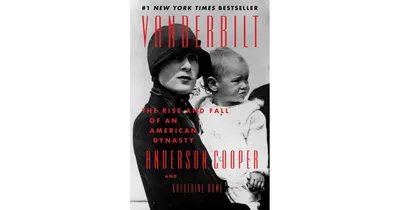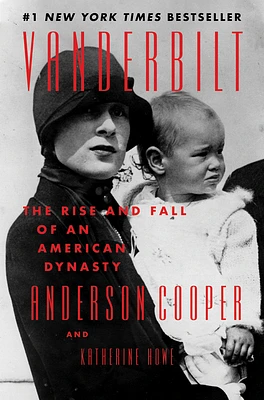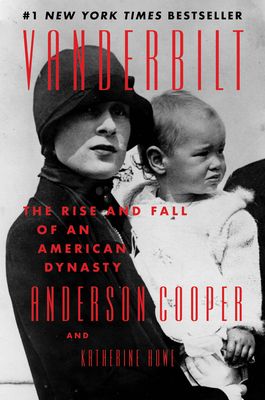Home
The Last Mughal: Fall of a Dynasty: Delhi, 1857
Loading Inventory...
Barnes and Noble
The Last Mughal: Fall of a Dynasty: Delhi, 1857
Current price: $20.00


Barnes and Noble
The Last Mughal: Fall of a Dynasty: Delhi, 1857
Current price: $20.00
Loading Inventory...
Size: Paperback
*Product Information may vary - to confirm product availability, pricing, and additional information please contact Barnes and Noble
In this evocative study of the fall of the Mughal Empire and the beginning of the Raj, award-winning historian William Dalrymple uses previously undiscovered sources to investigate a pivotal moment in history.
The last Mughal emperor, Zafar, came to the throne when the political power of the Mughals was already in steep decline. Nonetheless, Zafar—a mystic, poet, and calligrapher of great accomplishment—created a court of unparalleled brilliance, and gave rise to perhaps the greatest literary renaissance in modern Indian history. All the while, the British were progressively taking over the Emperor's power. When, in May 1857, Zafar was declared the leader of an uprising against the British, he was powerless to resist though he strongly suspected that the action was doomed. Four months later, the British took Delhi, the capital, with catastrophic results. With an unsurpassed understanding of British and Indian history, Dalrymple crafts a provocative, revelatory account of one the bloodiest upheavals in history.
The last Mughal emperor, Zafar, came to the throne when the political power of the Mughals was already in steep decline. Nonetheless, Zafar—a mystic, poet, and calligrapher of great accomplishment—created a court of unparalleled brilliance, and gave rise to perhaps the greatest literary renaissance in modern Indian history. All the while, the British were progressively taking over the Emperor's power. When, in May 1857, Zafar was declared the leader of an uprising against the British, he was powerless to resist though he strongly suspected that the action was doomed. Four months later, the British took Delhi, the capital, with catastrophic results. With an unsurpassed understanding of British and Indian history, Dalrymple crafts a provocative, revelatory account of one the bloodiest upheavals in history.

















